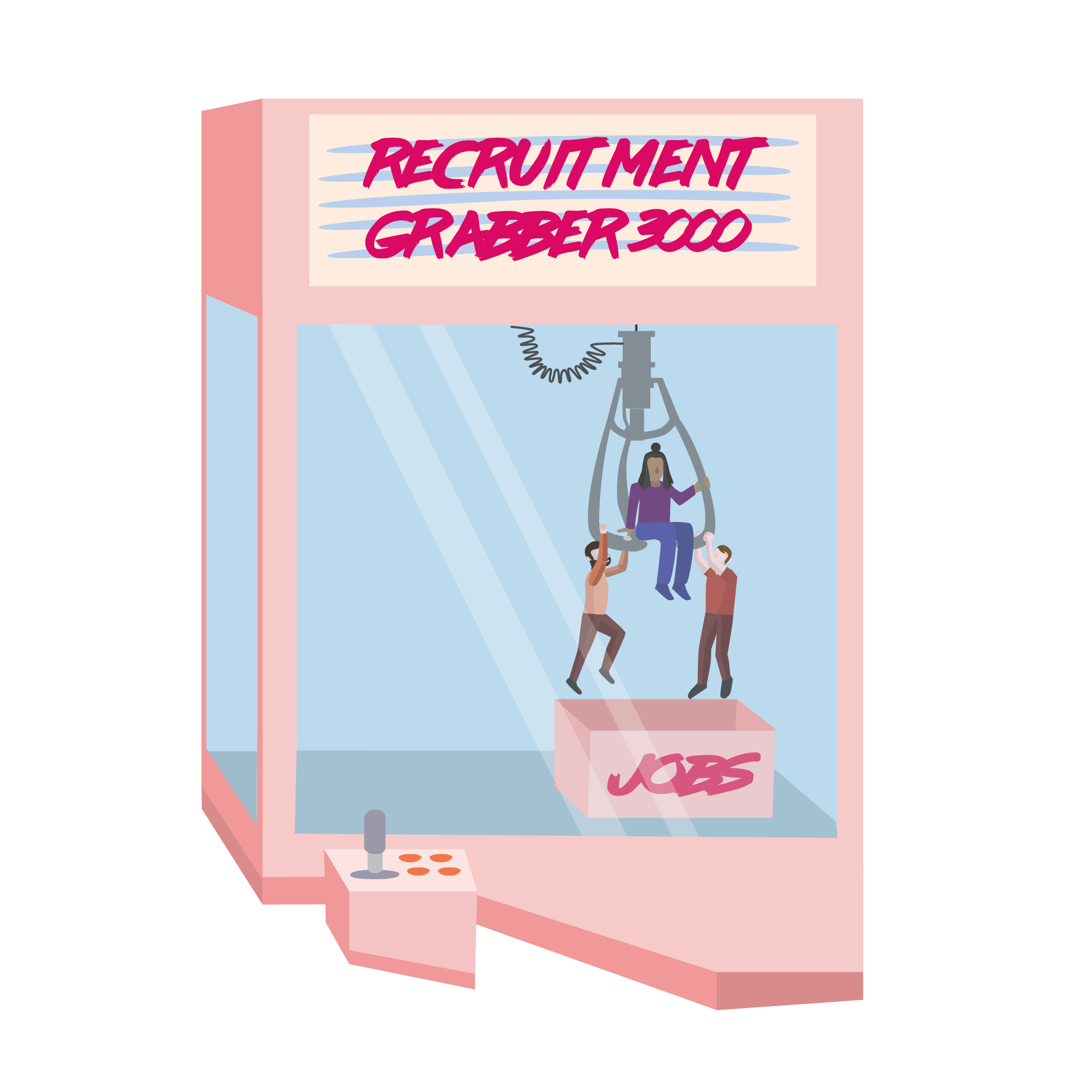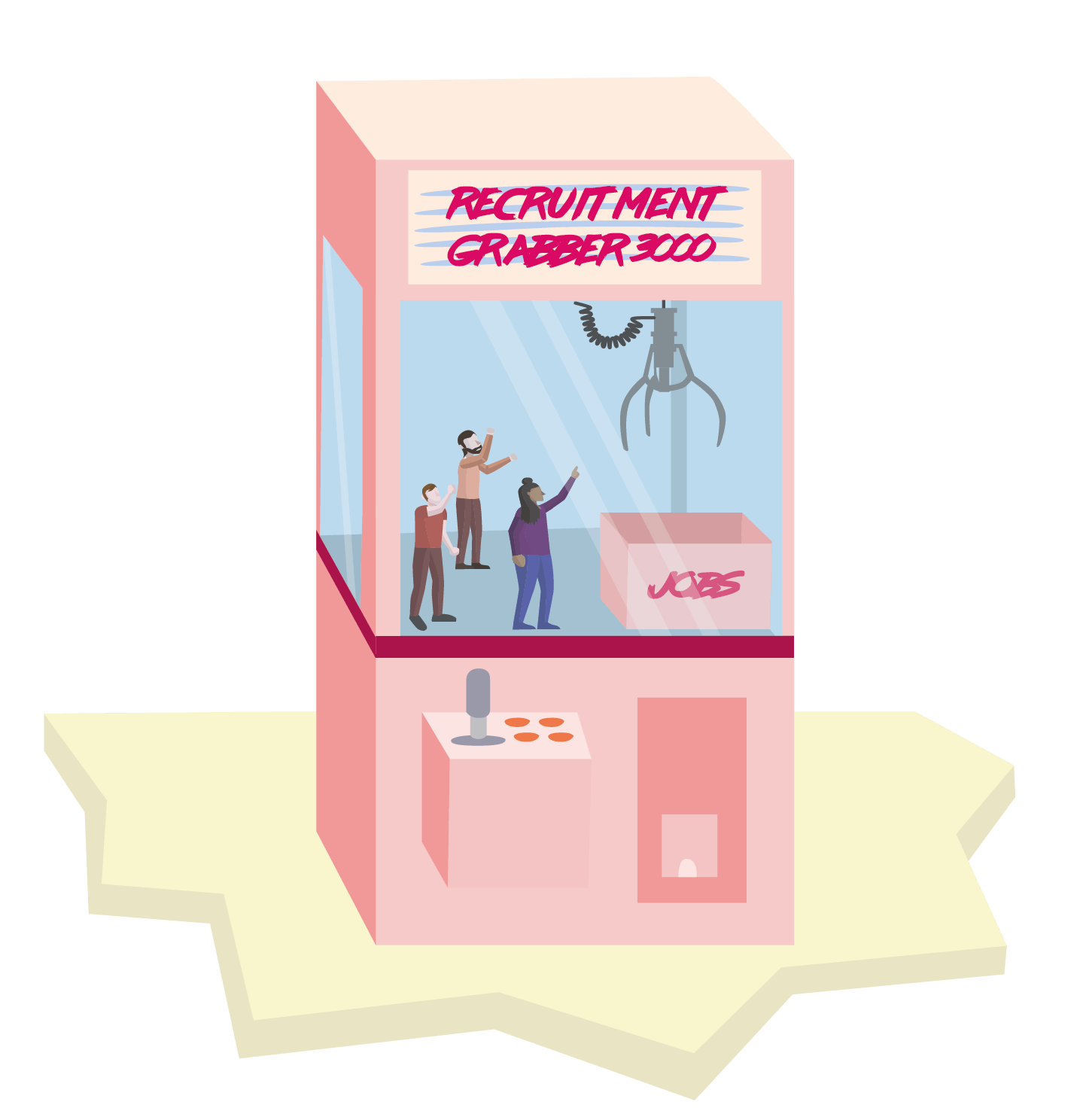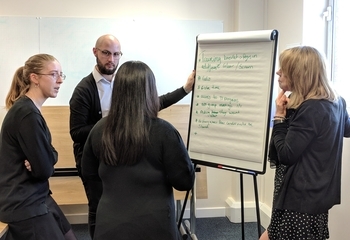Making neurodiverse recruitment simple
It’s all about matching the ideal neurodiverse person – with just the right skills – to your vacancy. The result is a job that’s fulfilling for the individual and an engaged employee making a unique contribution to your success.
With over 10,000 neurodiverse people visiting our site every day, that’s a lot of eyeballs on your job advert. As well as valuable exposure, we also give you:

What do we offer?
- Guidance on designing roles to attract neurodiverse people
- Neurodiversity audits to improve your application process (neurodiversity audits)
- Advertise your jobs on our jobs board
- Access to candidates already registered with us
- Ongoing support for your neurodiverse employees if they are hired
Taking these steps can help you to become a Disability Confident Employer
Contact us for more details on our neurodiverse recruitment services.
And if you need to recruit someone with a specific neurodiversity…
What is neurodiversity at work?
Neurodiversity in the workplace is the inclusion of employees who are neurodistinct. These employees may identify with traits of autism, attention deficit hyperactivity disorder (AD(H)D), dyslexia, dyspraxia or some other neurodivergent condition.
To get the most out of their unique perspectives and skill sets, you should incorporate universal design, which makes your working environment accessible to everyone. You can do this by providing a sensory-friendly environment, flexible work schedules and neurodiversity training.
What are the benefits of neurodiverse recruitment?
There are a whole host of benefits of neurodiverse recruitment for employers. Here are just a few of them:
- Harness valuable skills like creativity and hyperfocus
- Tap into different ways of thinking and solving problems
- Understand how 15-20% of the population thinks
- Create an inclusive, supportive working environment
A neurodiverse-friendly hiring process
- Eliminate biases that could deter candidates
- Incorporate inclusive language into job descriptions
- Make accommodations during the interview process, such as visual aids and breaking large tasks down into smaller ones
- Use less traditional methods to test candidates
- Simplify the whole process as much as possible
Going beyond hiring, you should also provide support and accommodations during onboarding. This might include flexible working patterns, clear instructions for workplace needs assessments and creating a neurodivergent employee resource group.
By levelling the playing field for neurodivergent people, you’ll gain access to a wider range of applicants – and their invaluable skills.
Not sure where to start on your neuro-inclusive hiring journey? Contact us for support with your neurodiverse recruitment goals.





















